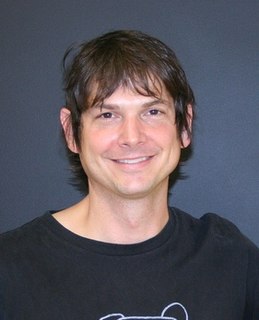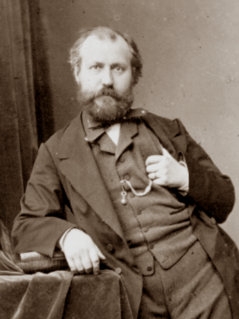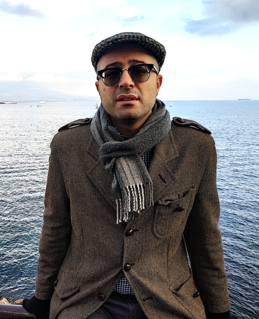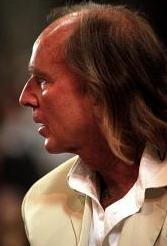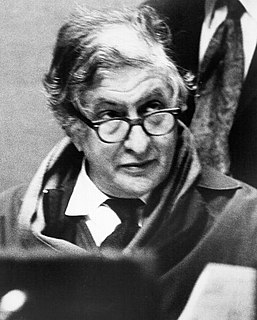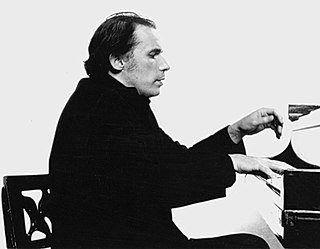A Quote by Pierre Schaeffer
Has it struck you that the music which is regarded as the most sublime in western civilization, which is the music of Bach, is called baroque?
Related Quotes
I find a difference between what gets called world music - a fusion of western music and music from different cultures in more of a modernized version - and Explorer Series stuff, which is completely undiluted indigenous folk music. That's a lot more powerful than a lot of the super-processed stuff that comes out now.
I come from a family in which music was important, especially German music - from I come from a family in which music was important, especially German music - from Johann Sebastian Bach to Ludwig van Beethoven. I played a lot of piano, mostly Bach. I really loved Glenn Gould's interpretations. to Beethoven. I played a lot of piano, mostly Bach. I really loved Glenn Gould's interpretations.
As a composer I might class myself as a Neo-Romantic, inasmuch as I have always regarded music as a highly personal and emotional form of expression. I like to write music which takes its inspiration from poetry, art and nature. I do not care for purely decorative music. Although I am in sympathy with modern idioms, I abhor music which attempts nothing more than the illustration of a stylistic fad. And in using modern techniques, I have tried at all times to subjugate them to a larger idea or a grander human feeling.
I think that if I were required to spend the rest of my life on a desert island, and to listen to or play the music of any one composer during all that time, that composer would almost certainly be Bach. I really can’t think of any other music which is so all-encompassing, which moves me so deeply and so consistently, and which, to use a rather imprecise word, is valuable beyond all of its skill and brilliance for something more meaningful than that — its humanity.
It's fitting, then, that we begin this exploration of ourselves and of the world with music, and more specifically with a musical quality called vibrato. This pulsation that wells up within the sounded note can lead us to what is most spontaneous and creative in human life, and possibly even to deeper mysteries--to powers of knowing and doing which we have lost or given away during the epoch of civilization, and which perhaps we may now regain.



